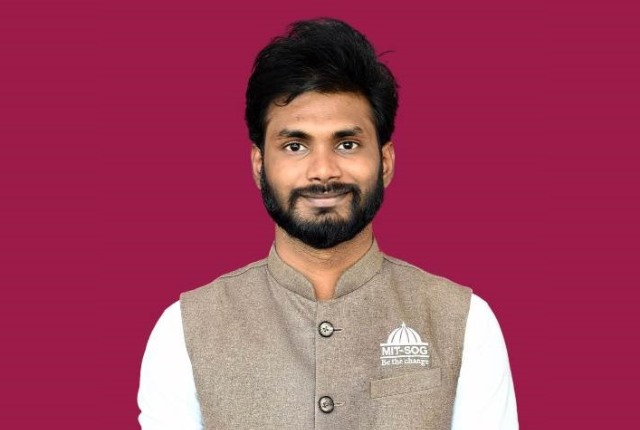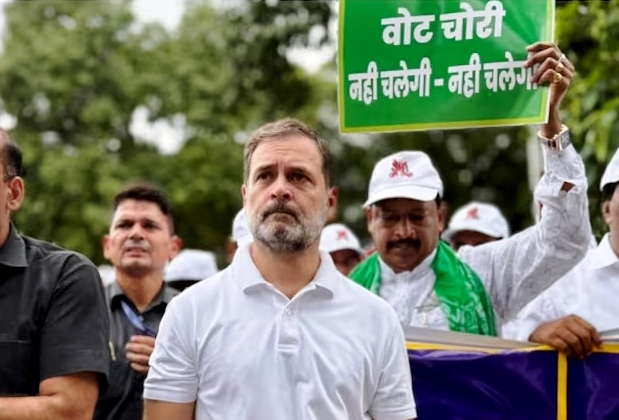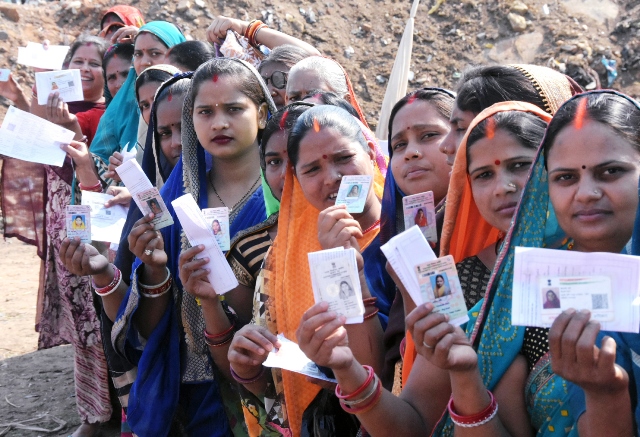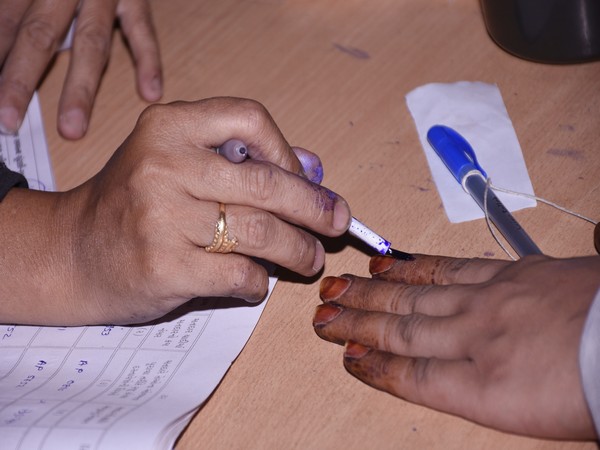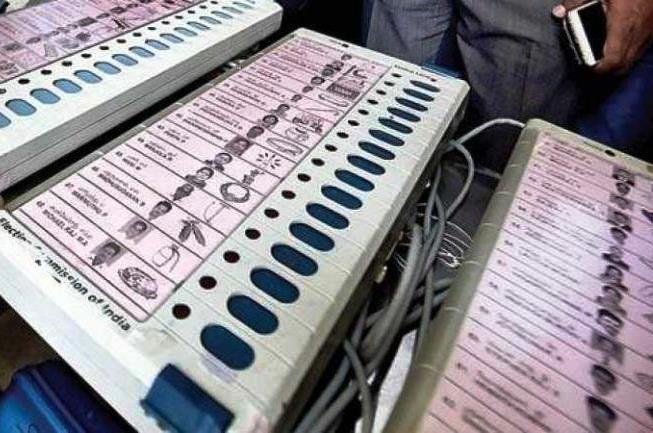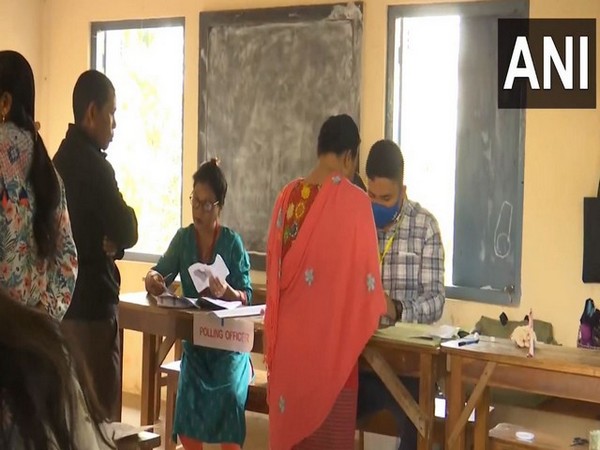Prashant Manav, a student associated with socio-political movements in Bihar, says Election Commission’s rolls revision has made the state voter suspicious of SIR. His views:
Rahul Gandhi began his “Vote Adhikar Yatra” in Bihar from the historic land of Sasaram. He was the central face of this journey. While it can be considered successful, calling it a “great success” would be an overstatement. This yatra only covered a few districts; out of Bihar’s 38 districts, he was only able to cover 23.
These 23 districts contain about 50 assembly constituencies, where the Mahagathbandhan had won 23 seats in the 2020 assembly elections. Specifically, if we talk about Congress, they contested on 20 of those 50 seats and won eight. Based on these figures, it’s evident that the purpose of the Yatra was to secure their existing strongholds and consolidate some potentially favourable seats. So to say this Yatra had a massive impact across all of Bihar would be incorrect.
Regarding the crowds — yes, there was a significant turnout, but not to the extent that was expected. In fact, had it not been for the RJD workers, even those crowds could have been questionable. Many of the cities and places he visited are already strongholds of the alliance.
As for the ‘vote theft issue’, it has certainly stirred anger within some specific communities, which may benefit the Mahagathbandhan. But overall across Bihar, the issue of vote tampering hasn’t become a major concern for the general public.
Removing 6.5 million voters from the electoral list is no small matter. In a state like Bihar, where administrative flaws are frequently exposed, people are naturally suspicious of how the Election Commission managed to execute such a massive task in such a short time. Under the SIR (Special Intensive Revision) process, removing so many voters so quickly raises serious questions — like, under whose influence did the Commission make such a huge decision?
It seems that this mass deletion disproportionately targeted specific communities, and such a detailed, strategic plan could only have been prepared by those in power — likely developed over years. If the decision was truly neutral and independent, it wouldn’t have been implemented so hastily.
ALSO READ: ‘Nitish Kumar Is Bound To Lose CM’s Chair This Year’
Another major controversy was the discovery of more than 200 registered voters at a single empty house. This kind of mistake shows administrative manipulation, as these entries were accepted without proper verification.
Unemployment in India has risen significantly in recent years, and the current government is largely responsible for this. It is the government’s duty to create jobs and opportunities — but no such effective policies have emerged. Even when job openings are announced, recruitment processes are often marred by corruption. This has left the poor, middle class, and educated youth frustrated. So, yes, the reason why youth are attending Rahul Gandhi’s rallies is primarily due to their anger with the current government.
Nitish Kumar remains a key factor in the upcoming 2025 Bihar elections. Ignoring his presence in this election is not just difficult, it’s impossible. He still retains credibility among a section of voters, largely due to his role in freeing Bihar from the so-called ‘Jungle Raj’ era. That generation still respects him and plays a decisive role in the ‘family-vote’.
The BJP-led alliance NDA has played a masterstroke by launching the ‘Mukhyamantri Mahila Rojgar Yojana’ (Chief Minister Women Employment Scheme), similar to schemes in Madhya Pradesh, Jharkhand and Maharashtra. This is a well-timed move to attract women voters just before elections. Besides, with 6.5 million voters removed, NDA stands to gain substantially. Their political strategy has always focused on specific communities and issues, and now they can concentrate even more narrowly on those groups.
Bihar has always led the country in political thought and revolutionary movements. However, in recent assembly elections, it seems to have lost that leadership spark — it’s a progressive state only in name, still categorized among the BIMARU states. There may be a political shift in the future, but as of now, no clear sign of that change is visible.
(The narrator is a student of MIT SOG Student (MPG Batch-20), Pune with roots in Bihar. Currently, he is pursuing internship as a political assistant to Pushpam Priya Choudhary, founder of The Plurals Party, an initiative to bring in grassroots change in Bihar.)
As told to Amit Sengupta
